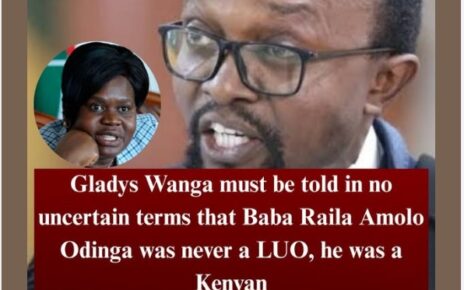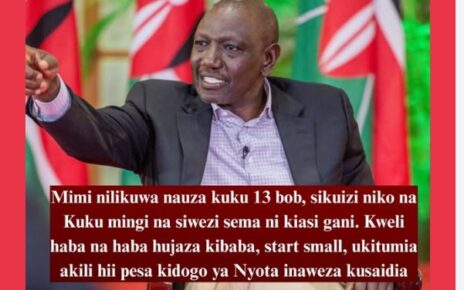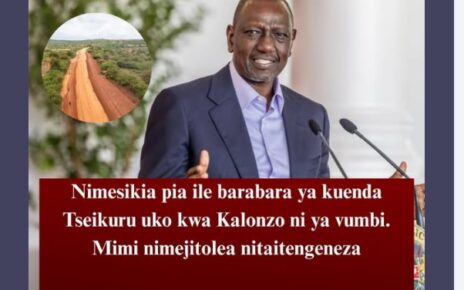Political analyst Herman Manyora has sparked sharp debate after dismissing the widely held belief that the late Mwai Kibaki was Kenya’s most successful president. Instead, he branded Kibaki as the worst leader in the country’s history.
Speaking during an interview, Manyora argued that Kibaki’s political failures—especially during the 2007 general elections—outweighed his economic and social achievements.
According to Manyora, Kibaki’s refusal to accept the results of the disputed 2007 polls and his decision to cling to power plunged the country into chaos.
“When Moi lost, he left office peacefully. Kibaki could not let go, and this cost Kenya dearly,” Manyora said.
The analyst also faulted Kibaki for failing to address Kenya’s entrenched tribalism. He argued that Kibaki had a golden opportunity to end ethnic-based politics and foster inclusivity in government appointments but chose not to act decisively.
Kibaki, who came to power in 2002 after defeating Daniel arap Moi’s regime, is often praised for steering the economy to growth, expanding infrastructure, and introducing free primary education. Supporters cite these as proof of his modernization agenda.
However, Manyora insisted that the post-election crisis of 2007 and the persistence of tribal divisions cast a long shadow over Kibaki’s legacy.
The debate underscores the complex nature of evaluating presidential legacies. While Kibaki’s supporters celebrate his economic transformation and reforms, critics like Manyora highlight his political missteps and failure to unify the nation.
Kibaki’s presidency, even in death, continues to ignite heated discussions on what truly defines good leadership in Kenya.



